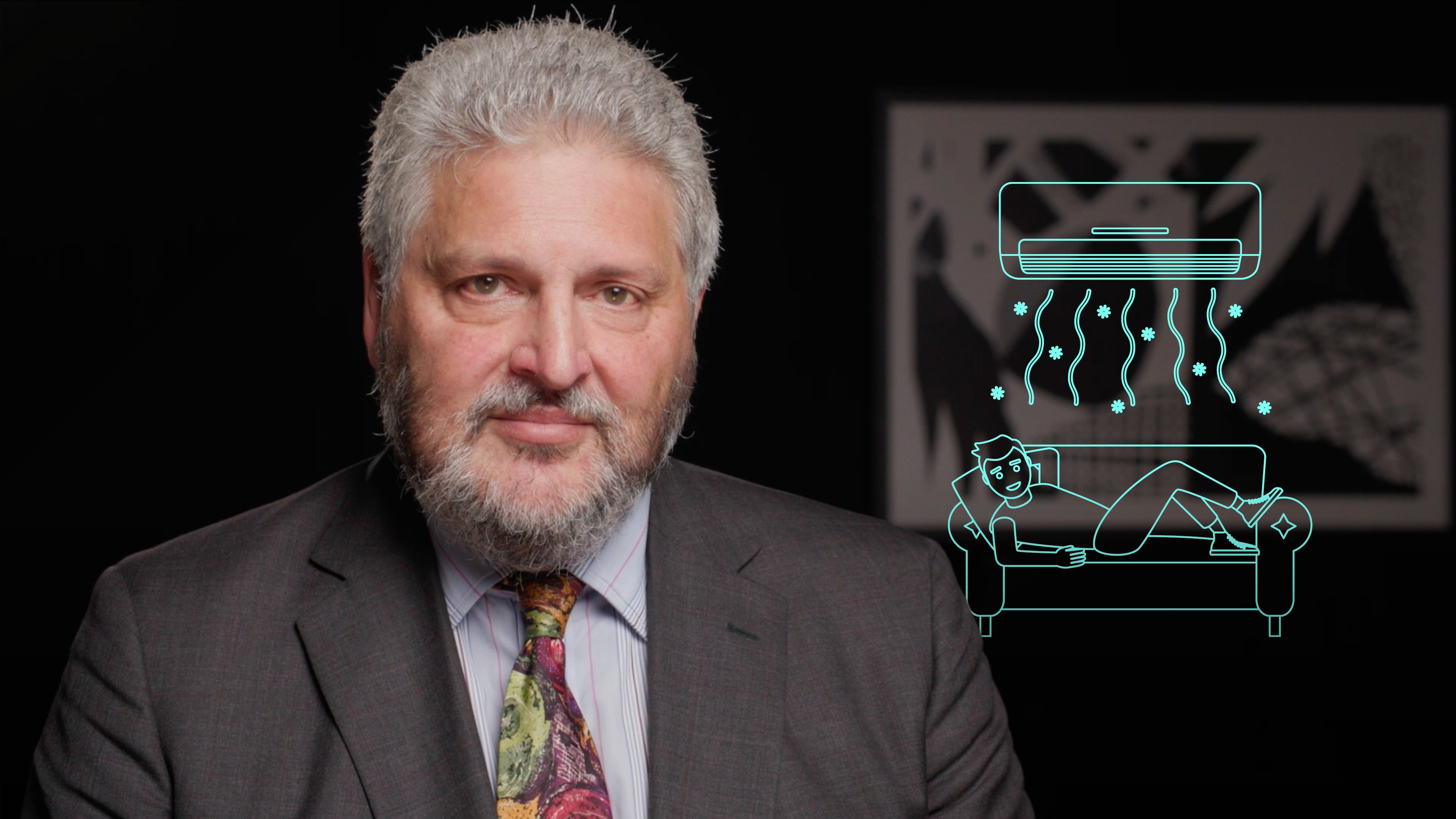
Key Challenges to Achieving Net Zero II

Keith Mullin
35 years: Capital markets editorial
The time for voluntary action may be reaching its end. It's time for governments to consider a system of climate levies and taxes. And there needs to be better policy coordination at a global level. In this video, Keith talks about what governments can do to push us down the right path.
The time for voluntary action may be reaching its end. It's time for governments to consider a system of climate levies and taxes. And there needs to be better policy coordination at a global level. In this video, Keith talks about what governments can do to push us down the right path.

Key Challenges to Achieving Net Zero II
8 mins 11 secs
Key learning objectives:
Understand how governments can push towards net zero through mandates
Understand what sort of climate levies and taxes governments could impose
Overview:
Unfortunately, the time for voluntary action to combat climate change may be reaching its end. It’s time for governments to consider a system of climate levies and taxes. There needs to also be better policy coordination at a global level. Steps governments could take include levies and taxes on carbon emissions, agri-food production, restrictions on air travel, or restrictions on private vehicle use to name a few. To bring us back from the brink of what some see as an impending climate catastrophe demands mandatory action and a forced transformation in our economies and lifestyles.
How can governments push us down the right path?
In April 2022, the International Energy Agency and the European Commission published a report recommending easy ways EU citizens can save energy. They said their recommendations could save 220 million barrels of oil per year, enough to heat 20 million homes. They recommended several things including using less air conditioning and working from home to name a few. The report also suggested that governments could cut fares on public transport and support the installation of solar panels and home insulation. However, these energy savings are based on all EU citizens playing their part. Therefore, voluntary action may be over.
The EU and UK are stand-outs in the quest to hit net-zero and are introducing regulatory means to meet climate goals in the corporate and financial sectors. Governing through diktat is potentially an extreme measure, but could solve both the capital and lifestyle issues outlined in the previous video. We could think of these measures as akin to the measures governments took at the start of the COVID-19 Pandemic. They limited free movement and mandated a series of extreme measures. While there was some pushback, most people accepted this as necessary.
Steps governments could take include:
- Restrictions on the use of private vehicles in cities
- Investing heavily in clean mass transportation
- Restrictions on individual air travel
- Forced residential and commercial property retrofitting
- Taxes on climate-unfriendly goods and products
- Carbon taxes
Are governments aligned on the issue?
Even though bodies like the United Nations have done a significant amount of work to create global standards, individual governments will go about meeting whatever targets they set in their own ways. So even though countries’ Paris agreement commitments are binding, there is a lack of alignment on the exact content, timing and phasing-in of climate rules, and there will be laggards.

Keith Mullin
There are no available Videos from "Keith Mullin"

